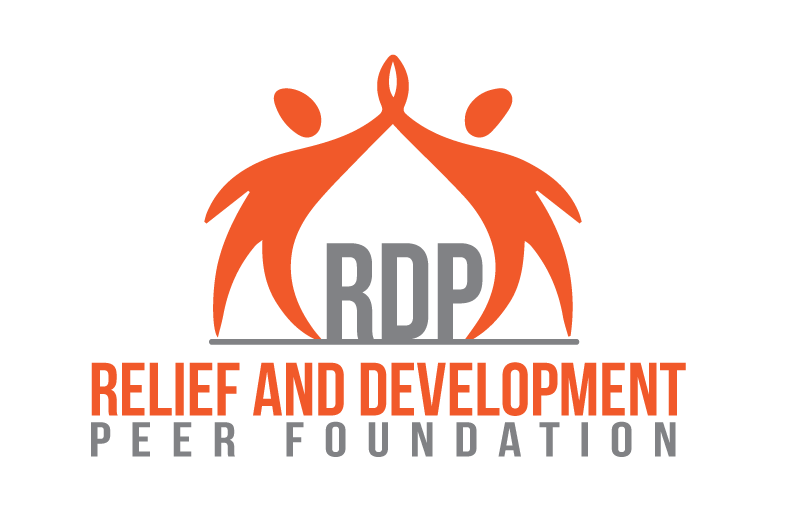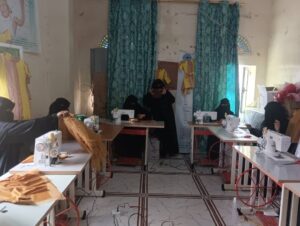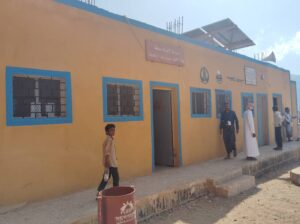Improving Sanitation Services for the Displaced
It’s nothing but the war that caused a mass displacement around Yemen to be ranked as the fourth largest country with a massive number of displaced population in the world. In 2018, the war escalated in Al-Jarahi district of Al-Hudaydah governorate, forcing many displaced families, including Saeed’s to flee their camps to Dhi As Sufal district of Ibb governorate.
After fleeing from Al-Hudaydah in 2018, Saeed’s family and 30 other displaced families are now settling in camps in Dhi As Sufal district, where they mostly struggled with open defecation for almost 3 years. They suffered from frequent blockages of the sewage network as a result of the poor implementation of the network which had caused overflown cesspits. Unimproved sanitation facilities are a key factor behind defecating in the open. Men used to resort to the open to relieve themselves anytime while women were accustomed to wait until it gets dark to do so. The displaced even volunteered to clean the sewage several times. They used to take out sewage water with their hands using a plastic bucket so that women could use the existing latrines. Yet they couldn’t afford having money for the drainage pipes and so on.

Therefore, RDP, in partnership with Yemen Humanitarian Fund (YHF), has implemented the WASH emergency response project in IDPs collective sites in Kua’ydinah district of Hajjah governorate and Dhi As Sufal district of Ibb governorate. The intervention in Ibb governorate mainly concerned the maintenance of temporary latrines in the camps, the reimplementation of proper sewage network, construction of new manholes, and the suction of overflown cesspits.
By March 2022, RDP completed the rehabilitation of existing latrines in IDPs sites, 41 latrines were rehabilitated and 14 cesspits (69m3) were desludged to ensure safe access to sanitation services for 1,255 individuals in targeted IDPs sites in Dhi As Sufal district of Ibb Gov. With the generous contribution and continuous support of Yemen Humanitarian Fund (YHF), the project made a big difference beyond any reasonable doubt for those benefited families and protected their dignity as well.



